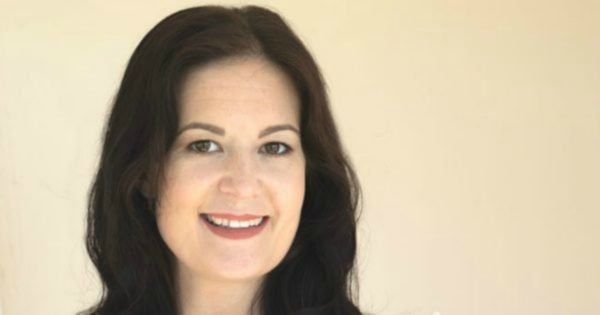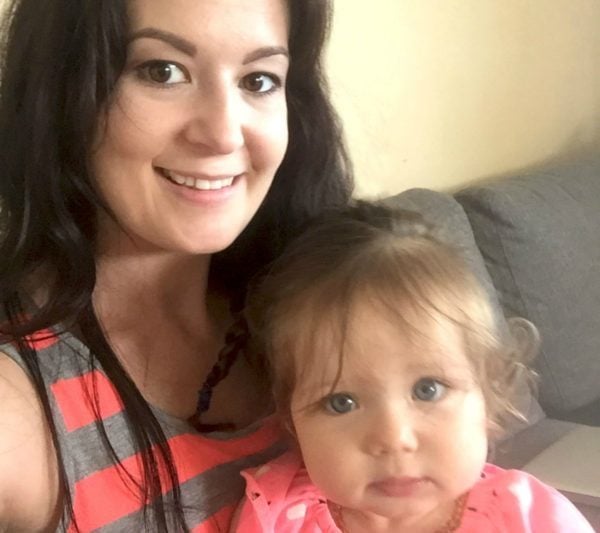Less than four months ago, I received a phone call that would change my life forever. I remember the day like it was yesterday.
It was a Thursday, just before Easter. A nurse phoned to say that they had received the results from my latest cervical smear test and that I needed to go into the clinic that same afternoon. The doctor wanted to discuss the results with me face-to- face. An alarm bell went off so I asked for more information.
The nurse advised that she was unable to give me any information over the phone, however, my results had shown that I had abnormal cells.
That my appointment with my doctor? Well, I guess you could say it changed my life.
It also made me realise how little I knew about the New Zealand health system. And if there are any women out there in the same boat as me, then they’ll want to know more. That’s why I’ve put this list together of the five pieces of advice I wish knew if I was told I had cervical cancer.
I want other women to be prepared because let’s face it… I wasn’t.
#1 Take a support person
I had asked my Dad to come with me to the doctors to look after my one-year- old daughter. During my appointment, he stayed in the waiting room.
As soon as the doctor said “you have adenocarcinoma insitu, the early stages of cancer,” I should have stopped right there and asked my Dad to attend the rest of the appointment with me.
Why? Because almost everything the doctor said after that went in one ear and out there other. My mind raced. All I could think was;
“I’m 31-years- old and now I have cancer”.




Top Comments
Interesting to hear how different doctors/ countries handle this. It seems irresponsible for them to say you had cancer straight up prior to your colposcopy. I got a letter from my GP saying I needed a face-to-face appointment ASAP, who told me I had high grade abnormality detected, then referred me to a public hospital gynaecologist. I was assured it was nothing by the doctor, that no one she'd ever sent for a follow up had anything wrong, and basically that it was impossible that it was anything serious. When I had my colposcopy appointment, before they even started they said they were scheduling me for a cone knife biopsy (removing half my cervix) under general anaesthetic a week later which is when I knew this was serious stuff. I was found to have adenocarcinoma in situ and CIN3 (both the final precursor to two different kids of cancer based on current research). I was 24 at the time of my smear and had been sexually active for 6 years (a lot of information including the pamphlet i received at my GP) out there says it takes 10 years for cervical cancer to develop - clearly not the always the case). Through the public system, from my pap smear in November, I didn't get into the clinic until March, and I didn't get my results until May.
CIN3 is also known as "carcinoma in situ". Whilst strictly defined as a pre-cancerous lesion, it can also be regarded as Stage 0 cancer - the nomenclature for CIN3 is tricky as there's overlap in the way we describe it. The take home message is that your lesion was pre-invasive (invasive cancer is Stage 1 and up), and treated appropriately, has an excellent outlook.
In Australia, we would not send results directly to the patient as common practice. You would be more likely to have a follow up appointment to get the results from your doctor.